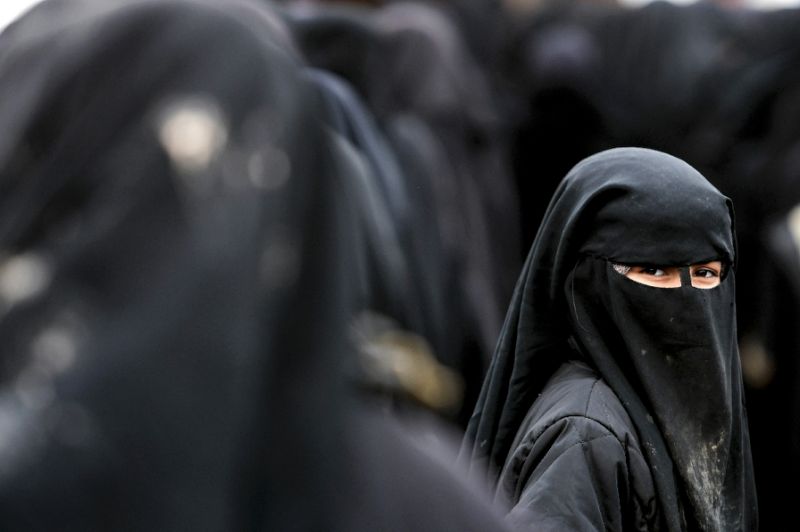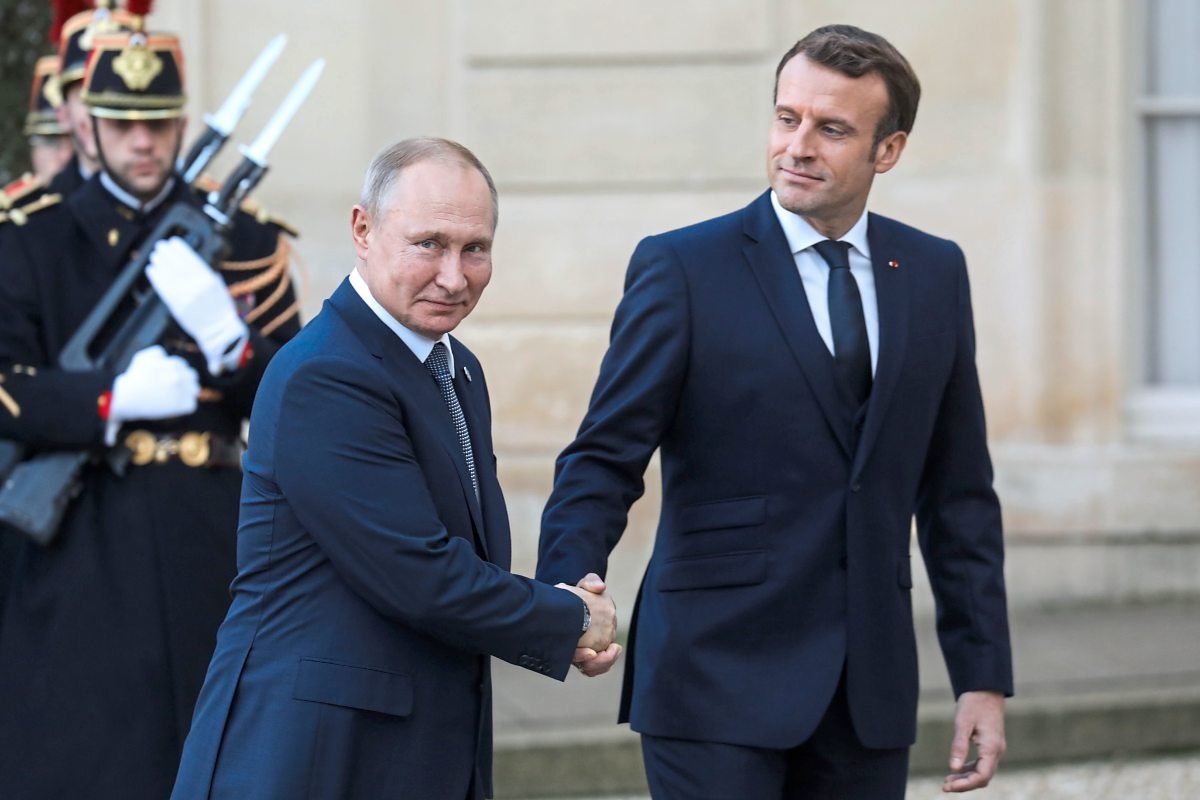European Centre for Counterterroris m and Intelligence Studies, Germany & Netherlands – ECCI
By Jassim Muhammad Jassim Mohamad (@jassim__press) / Twitter , bit.ly/43tn5Pl ,
researcher in international security and terrorism and president of the European Center ECCI
Germany still considers the threat of “Salafi jihadist” terrorism an existential threat to Germany’s national security, despite what Germany is doing in terms of legislation and measures to dry up sources of external funding, and limit extremist propaganda on platforms and through the Internet.
The Ukraine war remains a source of threat to the security of Germany, Europe and, no doubt, international security, since extremist groups, ISIS have declared on the Internet that it is necessary to invest in the Ukraine war to obtain weapons and training to carry out terrorist operations in Europe.
German intelligence warnings Experts warned on July 15, 2023 that Islamist extremists continue to “pose a high abstract risk of attacks in Germany”. According to the conclusions of the latest report of the interministerial working group of the state government of North Rhine-Westphalia on the prevention of “Salafi jihadism”.
“There is no reason to stop the warning,” said the interim report, published by the state parliament in Düsseldorf on July 15, 2023, which was prepared jointly by five state ministries and a scientific advisory board. [1]
The report came after the arrest of nine people in Germany and the Netherlands for allegedly collecting funds for ISIS and planning attacks. Federal prosecutors said that seven men arrested in Germany were accused of establishing a “domestic terrorist group” and supporting ISIS. “The threat from radical Islamist groups remains very acute, as you can see from today’s arrests,” German Interior Minister Nancy Weser told reporters in Berlin.[2]
Ukraine is a gateway to extremist groups
According to the investigation, the seven suspects had long-term ties with radical Islamic extremist groups. After the start of the war in Ukraine, they simultaneously immigrated to Germany and established a terrorist cell in late June 2022. Their primary goal was to carry out high-profile terrorist attacks in Germany, inspired by those orchestrated by ISIS. The group had contacts with members of the regional branch of the Islamic State and monitored potential targets in Germany. [3]
Planning to carry out terrorist operations
German security services arrested on April 25, 2023, a Syrian on suspicion that he was planning to carry out an explosives attack motivated by Islamic extremism.
Federal police said officers arrested the 28-year-old in the northern city of Hamburg on the basis of a court order for suspected terrorist financing crimes.
Investigators say the man is suspected of trying to obtain material over the Internet that would allow him to manufacture an explosive belt “in order to carry out an attack on civilian targets”. Interior Minister Nancy Faeser said the case showed that the threat of Islamist extremism remains high and pledged that German security services would continue to take all information about these threats seriously. [4]
“I am talking about violent groups but without ignoring the Islamists either,” says Thomas Haldenwang, head of the Federal Office for the Protection of the Constitution. “However, in the 2022, many successes have been achieved again at the international and national levels against Islamist terrorism.
Fortunately, Germany has not witnessed
Terrorist attacks in 2022.” The situation seems to be particularly dominated by small groups acting on their own.[5] German Interior Minister Nancy Faeser said that the security authorities take every indication of the existence of “Islamic terrorist” threats seriously and act accordingly.
For this purpose, “extremely comprehensive resources” of the security authorities are being used.She added that the arrests in the latest case showed once again that early warning systems are working well and that there are consistent procedures.[6]
Conclusion and Recommendations
Europe remains vulnerable to the terrorist threat and the dissemination of “jihadist” propaganda. Ukraine may become a fertile ground for Islamic extremist groups, along with Neo-Nazis, the extreme right, and others. Ukraine will serve as a gateway to “jihadist” propaganda in Europe.
Since the outbreak of the Ukraine war, many extremist groups have spread propaganda encouraging fighters to move to Ukrainian territory and join the “legions” formed by Ukraine to gain military experience, training and access to weapons.
Reports in January 2023 indicated the presence of Ajnad Al-Qawqaz militants in Ukraine. Ajnad Al-Qawqaz is a terrorist organization consisting of militants from the North Caucasus known for their operations against Syrian and Russian forces in Syria.
Social media platforms, especially Telegram, circulated pictures of meetings between the leader of Ajnad al-Qawqaz, Abdul Hakim al-Shishani, and members of the Chechen battalion Sheikh Mansour, which is operating in Ukraine to support Kiev.
The arms supplies provided by Western countries to support Ukraine raise concerns about the possibility of extremist groups obtaining weapons and training.
Media reports have highlighted the possibility of Western weapons being sold on the black market, which has alarmed Interpol.
It is necessary to assess and monitor the situation in Ukraine with regard to foreign fighters fighting and supporting Kiev.
It is important to determine whether volunteer groups such as the Chechen Brigades of Sheikh Mansur and Gokhar Dudayev of the Islamic Foundation “Kavkaz” have any links with extremist or “jihadist” groups.
Although Germany did not witness large-scale terrorist operations and the terrorism index in Germany decreased during the year 2022 to less than five limited operations, represented by knife stabbings, this does not mean a decline in Islamic extremism in Germany.
It is likely that there will be an increase in the number of “jihadist” groups and political Islam in Germany, despite the decline in operations. The rise of the extreme right in Germany, especially the rise in the popularity of the Alternative for Germany party, to reach nearly 20%, according to the latest polls inside Germany, and this means the rise of “Islamophobia”, which gives a new opportunity for extremist Islamist groups in Germany to exploit the rhetoric of the extreme right.
It is expected that Germany will continue to impose its strict policies and measures against Islamic extremism, in parallel with the extreme right.
It has become necessary to control the migration process from Ukraine and North African countries to Europe.
In order to confront the “rebound of terrorism and extremism to Europe”, European countries must cooperate internationally in order to track arms shipments to Ukraine as well as tracking extremist Islamic groups in Ukraine, and undoubtedly also requires Russia to take measures to prevent extremist groups from joining the war on the side of its forces.
What Germany needs is to continue to strengthen security cooperation between the states and intelligence agencies and not to overlap, and to expand security cooperation regarding the fight against ISIS, especially in Afghanistan, Central Asia and Africa, while continuing efforts to combat extremism also in Syria and Iraq.
The German intelligence succeeded in dismantling cells and detecting terrorist plans before they occurred. The implementation of this type of preemptive and preventive operations is calculated by the German intelligence by collecting information, monitoring and prevention.
* Copyright reserved to the European Center for Counterterrorism and Intelligence Studies ECCI




